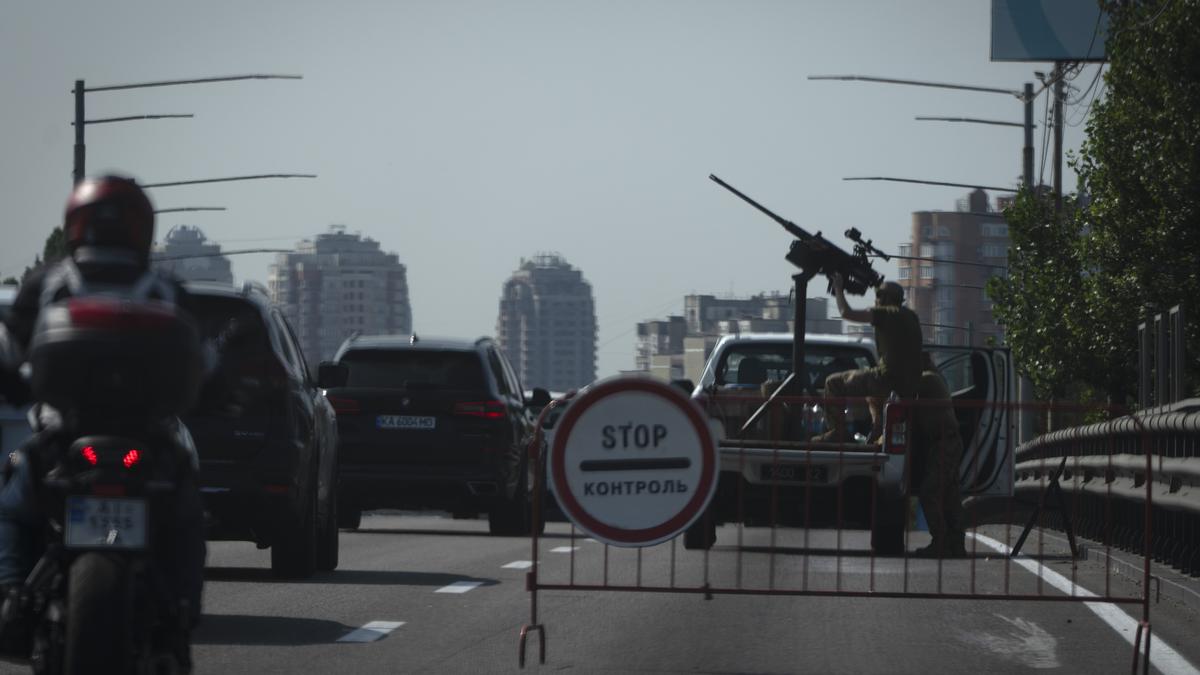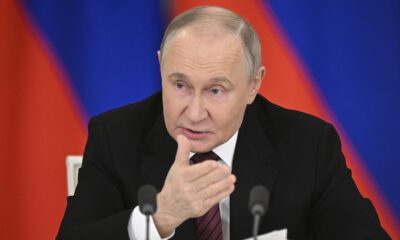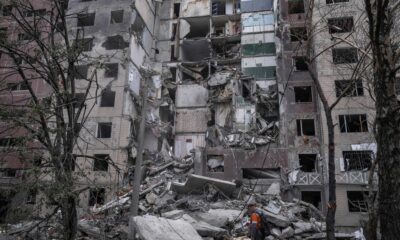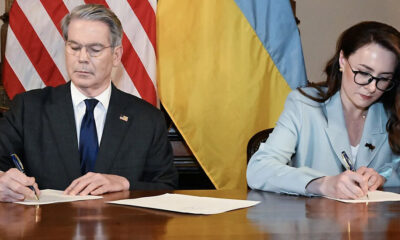Russia launched a devastating attack on Ukraine on Monday (August 26, 2024), unleashing a barrage of missiles and drones that resulted in the death of four people, injuries to over a dozen individuals, and severe damage to energy facilities. Ukrainian President Volodymyr Zelenskyy condemned the attacks as “vile” and described them as targeting critical civilian infrastructure.
The onslaught, consisting of over 100 missiles and an equal number of drones, began in the early hours of the morning and continued throughout the day, marking one of Russia’s most significant offensives in recent weeks.
Ukraine’s air force reported that Russian drones launched attacks on various regions across the country, followed by waves of cruise and ballistic missiles.

“This attack, much like previous Russian strikes, was heinous, targeting critical civilian infrastructure,” Zelenskyy stated, emphasizing that the attacks were widespread across Ukraine, affecting regions from Kharkiv and Kyiv to Odesa and beyond.
Explosions rang out in Kyiv, with Mayor Vitali Klitschko reporting disruptions to power and water supplies in the city as a result of the attack.
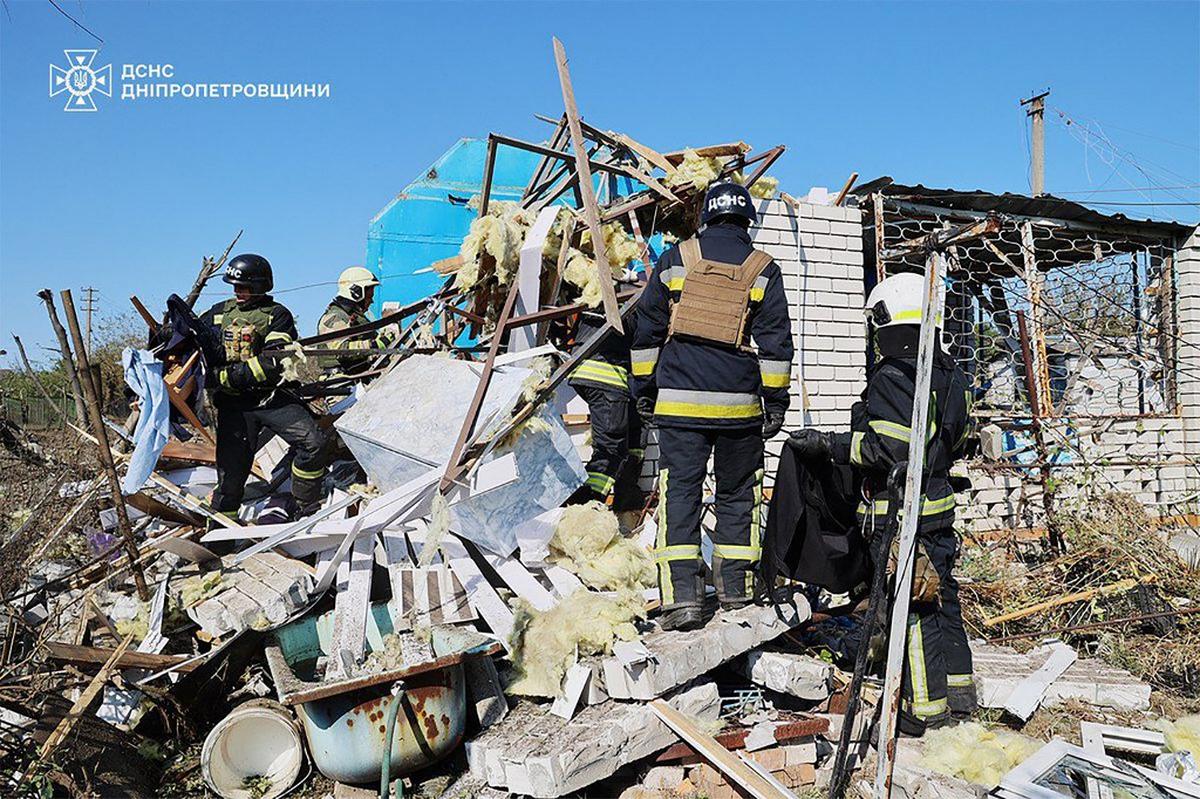
This handout photograph taken and released by the Ukrainian Emergency Service on August 26, 2024 shows rescuers working at the site of a missile attack at an undisclosed location in Dnipro region of Ukraine.
| Photo Credit:
AFP/HO/UKRAINIAN EMERGENCY SERVICE
Prime Minister Denys Shmyhal of Ukraine reported that Russia targeted 15 Ukrainian regions with drones, cruise missiles, and hypersonic ballistic Kinzhal missiles, resulting in significant damage to energy infrastructure. He called on Ukraine’s allies to provide long-range weapons and authorization to target Russian launch sites.
“To halt the brutal attacks on Ukrainian cities, we must eliminate the sources of the Russian missile launches,” Shmyhal emphasized. “We seek the support of our allies to hold Russia accountable.”
U.S. President Joe Biden condemned the Russian assault on Ukraine’s energy infrastructure as “outrageous” and announced a prioritization of U.S. air defense exports to Ukraine. He also mentioned the dispatch of energy equipment to Ukraine to repair systems and bolster the country’s energy grid.
The Russian Defense Ministry claimed that the attacks utilized long-range precision weapons and drones to target critical energy infrastructure supporting Ukraine’s military-industrial complex, with all designated targets being successfully hit.
Tragically, the attacks resulted in the loss of four lives in various regions of Ukraine, with several others sustaining injuries. Reports of blackouts and damage to civilian infrastructure emerged from several regions, underscoring the widespread impact of the assaults.

Amid the chaos, Ukraine’s government was forced to implement emergency power cuts to stabilize the energy grid, further emphasizing the urgent need for support from allies to address the crisis at hand.
The situation escalated further as neighboring Poland activated air defenses in response to the attacks, underscoring the regional impact of the conflict.
As the conflict unfolded, both sides engaged in military actions, with reports of Ukrainian drone attacks on Russian territory and Russian forces repelling Ukrainian advances in certain regions. The ongoing fighting raised concerns about the safety of a nuclear power plant in the Kursk region, prompting international scrutiny.

